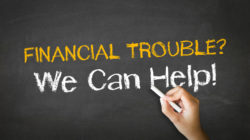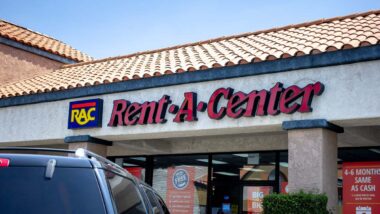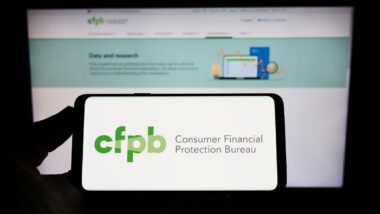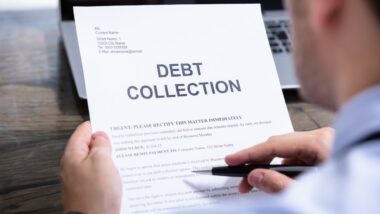Top Class Actions’s website and social media posts use affiliate links. If you make a purchase using such links, we may receive a commission, but it will not result in any additional charges to you. Please review our Affiliate Link Disclosure for more information.

Who May Be Targeted by Debt Settlement Programs?
Debt settlement program scams may target many types of consumers. Some go after consumers with a monthly car loan or lease payments by promising to help the consumer avoid auto repossession. These scams may also target consumers with poor credit reports by claiming that they will remove negative information that may come up when the report is pulled by a third party, even if the information is true. Other targets may include consumers with large credit card or student loan debts.
How Do Debt Settlement Programs Work?
According to one person who claims to have worked for a debt settlement company, many of these programs work by contacting consumers under the guise of offering them a loan. The unnamed former sales agent spoke to getoutofdebt.org, and stated that these companies gather information from consumers and pretend to submit their application for qualification. However, there is no qualification process and the consumers are always approved. After approval, the consumers are told that if they pay an upfront fee, their debts will be paid off by the company. Many consumers with high debts are eager to pay a smaller fee to a company promising to eliminate their debts. However, Moneywise reports that these companies rarely settle or reduce the original debt, leaving the consumer in even worse financial shape than they started.
Are Debt Settlement Programs Legal?
In 2010, the FTC updated the Telemarketing Sales Rule to protect consumers from these types of scams. According to the FTC, for-profit debt reduction companies that advertise their services over the phone are prohibited from charging consumers a fee before they settle or reduce the consumer’s debt. Additionally, debt settlement programs are prohibited from misrepresenting their services and are required to disclose information regarding the services that may be important for consumers.
Additionally, many federal and state laws protect consumers from being harassed by debt collectors or debt settlement agencies. These debtors are prohibited from harassing consumers, making threats, adding fees or collection charges to the debt, calling too often or at inconvenient times, sending confusing letters about the debt, or making robocalls. Consumers with debts are also protected by the Fair Credit Reporting Act.
What is the Fair Credit Reporting Act?
The Fair Credit Reporting Act (FCRA) was passed in 1970 to protect consumers’ rights regarding their credit information and access to credit reports. The Act is intended to protect the privacy of consumers and ensure the accuracy and fairness of the personal information collected by credit reporting agencies.
The FCRA has many rules covering how a consumer’s credit information, including debt history, may be obtained and shared. If your debt history has been obtained by or shared with debt settlement programs, you may have been subject to violations of your rights under the FCRA. Consumers who have been subject to FCRA violations may be able to hire an attorney and file a class action lawsuit against the debt settlement programs responsible for these breaches of privacy.
Join a Free Debt Consolidation Class Action Lawsuit Investigation
You may qualify for this investigation if a debt settlement or credit repair company did one of the following:
- Sent a loan offer or offered credit, rejected your application, and then pitched their debt program;
- Required payment for credit repair services up front and you were not provided with a full disclosure in writing; and/or
- Promised to help but left you in either the same or worse financial condition.
This article is not legal advice. It is presented
for informational purposes only.
ATTORNEY ADVERTISING
Top Class Actions is a Proud Member of the American Bar Association
LEGAL INFORMATION IS NOT LEGAL ADVICE
Top Class Actions Legal Statement
©2008 – 2024 Top Class Actions® LLC
Various Trademarks held by their respective owners
This website is not intended for viewing or usage by European Union citizens.















One thought on What Is a Debt Settlement Program?
Add me. I paid for one of these and lost my money.